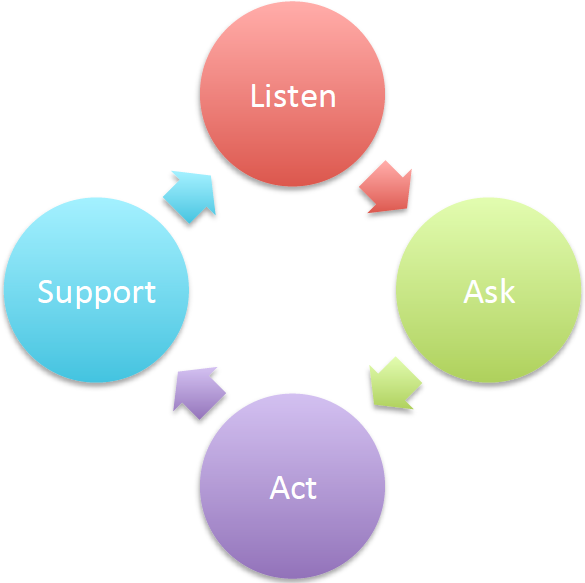A Coaching Model Created by Nathan Kreger
(Business & Ministry Leaders Coach, UNITED STATES)
Three components define the Coach Kreger Coaching Model, including Context, Conversation, and Process.
Context
The Context is based on relationship, centered on the client, and driven by goals.
 Relationship
Relationship
The coaching relationship is meant to be influential, transformational, and ultimately life changing. The relationship is built on mutual trust between coach and!client, and values authenticity, full acceptance, and unqualified belief in the client.
Client
The coaching relationship is centered on the client, and values their knowledge, experience, and goals. It is the responsibility of the client to set the agenda! or the relationship and coaching sessions, and the client’s responsibility, with the help of the coach, to determine and fulfill action steps.
Goal
At every point in the coaching relationship the client is working toward specific objectives. When the client sets the agenda by choosing a goal, the relationship is driven by that desire and objective.
Conversation
The Conversation involves four key elements: listen, ask, act, and support.
 Listen
Listen
The Conversation begins with listening. The simple act of listening communicates value to the client,sparks curiosity in the coach, and helps create an environment for change.
Ask
Questions are one of the main tools a coach use in the Conversation to help the client focus, explore, dig deeper, reach higher, and establish commitment.
Act
Action is required to fulfill dreams and goals. The coach will help the client determine the appropriate action steps that will best suit the client.